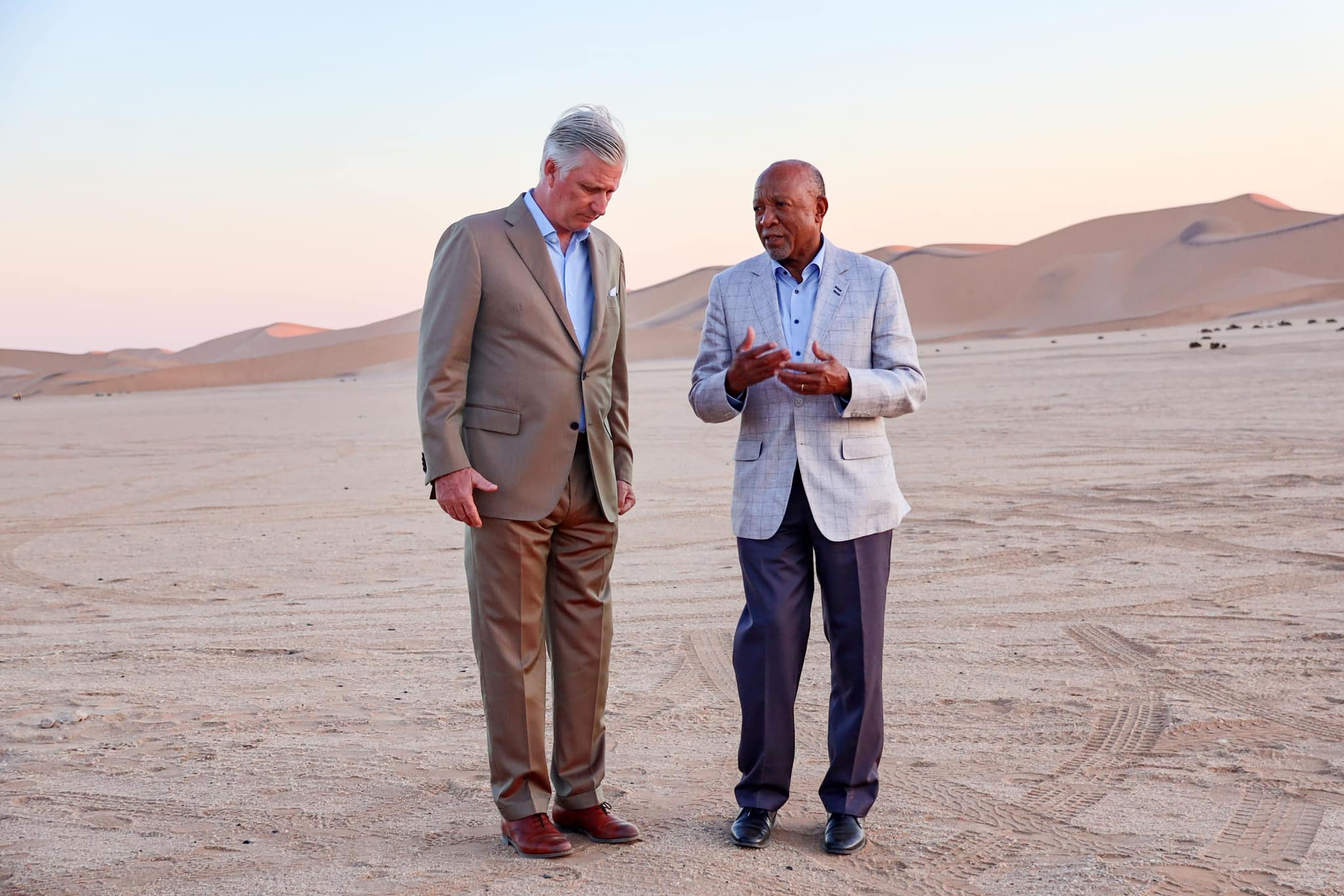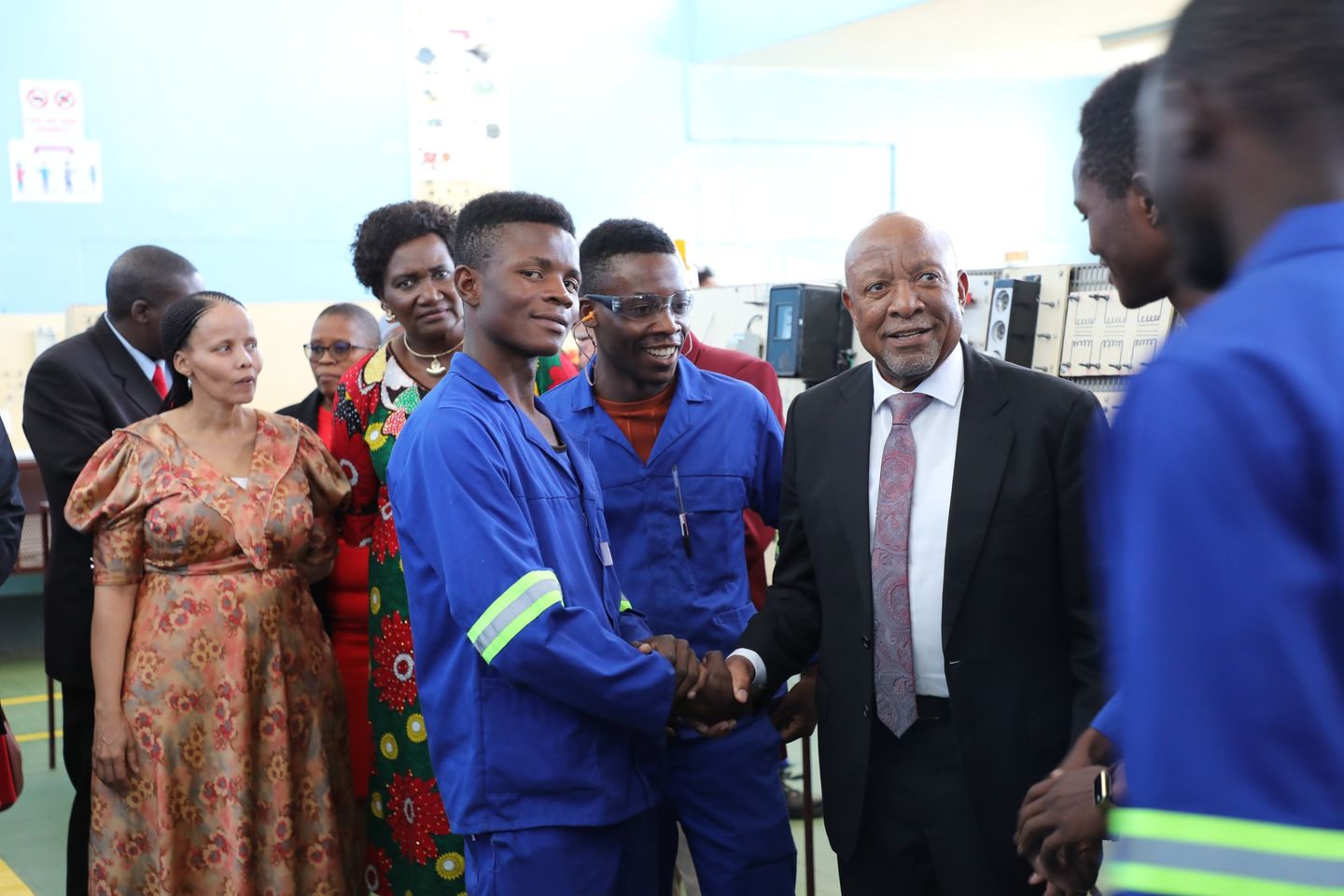
3 minute read
Alumnus Named Namibia’s Fourth President
From the classrooms of Southern to the halls of power in Namibia, Nangolo Mbumba’s journey is nothing short of extraordinary.
THE PHRASE, “WE KNEW HIM WHEN,” TAKES ON HEIGHTENED MEANING WHEN THE PERSON IN QUESTION IS A WORLD LEADER. So, it is for Southern classmates of Nangolo Mbumba, ’71, who was sworn in as the fourth president of the Republic of Namibia on Feb. 4, 2024. Mbumba assumed the post after the death of President Hage Geingob, whom he had served under as vice president since 2018. “Even in this time of loss, our nation remains calm and stable,” said Mbumba during his acceptance speech.

Mbumba is expected to complete the remainder of Geingob’s presidential term and is committed to guiding Namibia to its national elections in November. “Let me make it crystal clear, I have no intention, desire, or ambition to stand for any office,” the newly named President Mbumba told the country’s Parliament on Feb. 7. Consequently, Mbumba announced that Netumbo Nandi-Ndaitwah would serve as vice president in his administration. She is expected to run for the presidency and, if elected, would be the country’s first female leader.

At Southern, Mbumba majored in biology. He continued his studies at the University of Connecticut, earning a master’s in biology in 1973 and embarking on a teaching career at Harlem Preparatory School in New York.
He eventually returned to Africa, where he was head of the Science Department at the Namibia Education Centre. Namibia — which is named in honor of the Namib Desert — officially gained independence on March 21, 1990. Mbumba has played an ongoing role in the country’s successful evolution. A longtime member of the South West Africa People’s Organization (SWAPO), the current ruling political party, Mbumba was its secretary general from 2012 to 2017. He brings vast experience to Namibia, a mineral-rich country with abundant diamonds, uranium, and lithium, the latter used to manufacture rechargeable batteries.

During his political career, he served as minister of key national offices: agriculture; water and rural development; finance; information and broadcasting; and education. Additionally, he was chancellor of the University of Namibia.

“My aim was to be a school principal, which I achieved, and now I have to thank the Namibian people for the honor they have bestowed on me to be their president for a short period,” Mbumba, told Reuters News Service, after being sworn into office. “I take on this heavy mantle cognizant of the weight of responsibility.” ■










